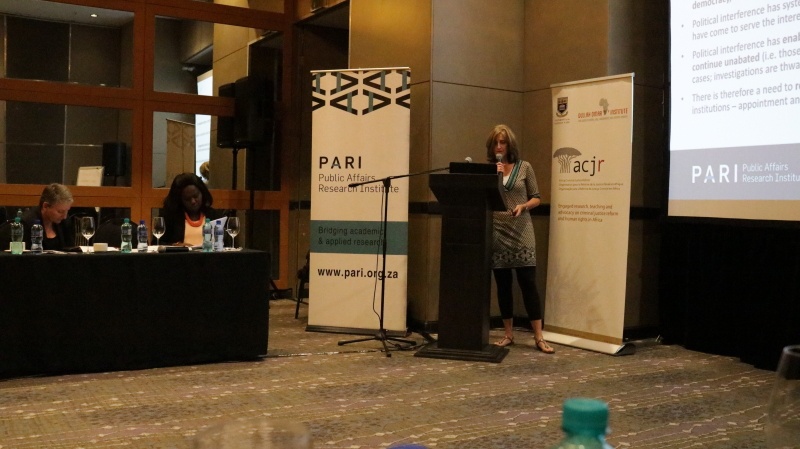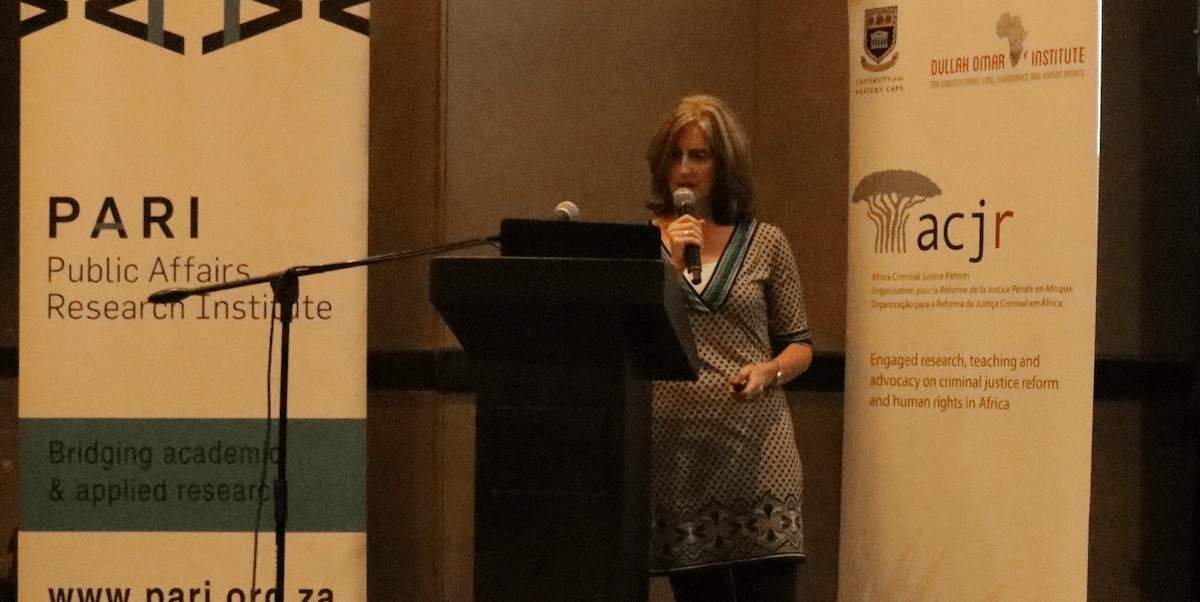hosted by the Dullah Omar Institute (DOI) and Public Affairs Research Institute (PARI)
The Constitution and the NPA Act provide that the National Director of Public Prosecutions (NDPP) is appointed by the President, who may also, after consultation with the NDPP and Minster of Justice, appoint up to four Deputy National Directors of Public Prosecution (DNDPP). The President similarly appoints the Provincial Directors of Public Prosecutions (PDPP). This rather opaque process remained in place until Right2Know brought a court application in 2018 that the interviews for the position of NDPP should be conducted in public. Right2Know was successful and the interviews that resulted in the appointment of Adv. Shamila Batohi as NDPP set an important precedent.
In August 2019 the Deputy National Director of Public Prosecutions (DNDPP) Silas Ramaite took early retirement. Given the workload and demands on the National Prosecuting Authority (NPA) it is essential that the vacancy be filled. Since the DNDPP and the NDPP are both appointed by the President, it follows that the precedent set in the appointment of Adv. Batohi must now also be followed in filling the vacancy left by the departure of Ramaite, or is it that simple? Why is it that the President that must appoint the Deputies and not the NDPP that appoints her Deputies?
The roundtable discussion reviewed the appointment of the leadership of the NPA with the aim to develop proposals for law, practice and policy reform. Presentations by Jean Redpath (DOI) and Florencia Belvedere (PARI).



